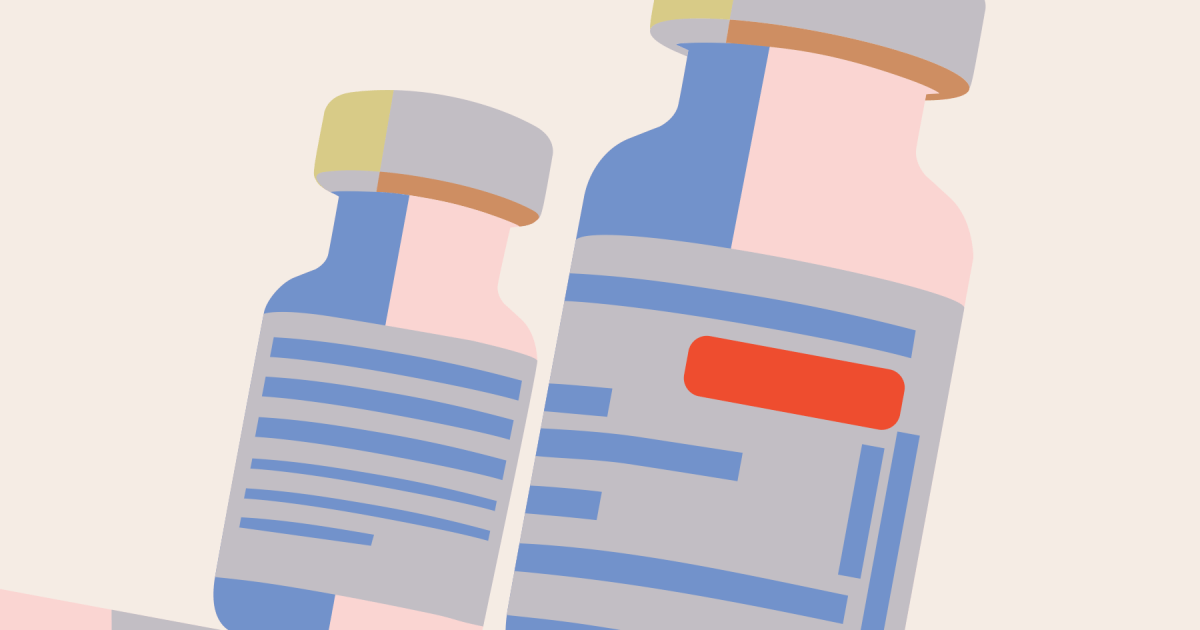COVID-19 Vaccine Hesitancy Among Young Survivors
- A new study shows that cancer survivors diagnosed as adolescents or young adults (aged 15 – 39) are reluctant to get the COVID-19 vaccine.
- People battling cancer may have a blunted immune system due to cancer treatments, making them more susceptible to COVID-19.
- The pandemic has changed surgery and hospital protocols, which can impact cancer survivors and fighters.
The research — published in JNCI Cancer Spectrum — found that despite the hesitancy, 62.9% of participants say they intended to get the vaccine.
Read MoreCovid-19 Vaccine & Cancer
The COVID-19 vaccine is an effective way to prevent getting a severe case of the coronavirus, which can cause death. For cancer fighters and survivors, getting the vaccine can better protect your overall health.
Related: Which COVID-19 Vaccine Pfizer, Moderna or J&J is Best For Cancer Patients?
People battling cancer may have a blunted immune system if they are going through chemotherapy, making them more susceptible to COVID-19. That’s why it’s so important to get the vaccine.
Dr. Vincent Rajkumar, a doctor at the Mayo Clinic, encourages people to get the vaccine, emphasizing the safety of it for cancer patients and survivors. “It is very safe and there is no increased risk to you just because you have cancer,” he says.
"As long as you are feeling well, just go ahead with the vaccine whenever it's offered to you,” says Dr. Rajkumar. “Sometimes even on the same day if you are going to the clinic to get a small dose of chemotherapy and they're giving the vaccine, just get it, there's really no major problem.”
5 COVID-19 Vaccine Questions Answered by Expert Physician
COVID’s Impact on Cancer Surgeries & Treatment
For survivors and fighters, it’s important to continue ongoing cancer treatment, as well as scans for those in remission. The pandemic has inarguably made many things more difficult, and it’s also impacted hospital protocols, too. Thankfully, hospitals have taken extra safety precautions during COVID-19 so you can feel safer going to the hospital during the pandemic.
In an earlier interview, Dr. Kimberly Levinson, a gynecologic oncologist at Johns Hopkins Medicine, explained some of the changes that have taken place. She says, “I think the major things that patients may experience in terms of the changes with surgery in this time of COVID-19 is that there are limitations in visitors to the hospitals, which I think is a big deal for many patients and is a change in terms of just having that support system in the hospital.”
“We have completely different procedures in terms of getting patients to the OR, getting patients asleep, and doing what we call intubation procedures, or getting patients on the ventilator for their surgery,” explains Dr. Levinson.
“Any of those procedures that require access to the airway system into the lungs,” she says, “are procedures which are higher risk in terms of if a patient were to be COVID-positive, the risk of exposure to health care providers and nurses and doctors in the room.”
COVID-19 Has Changed Surgery and Hospital Protocols for Cancer Patients
Learn more about SurvivorNet's rigorous medical review process.


